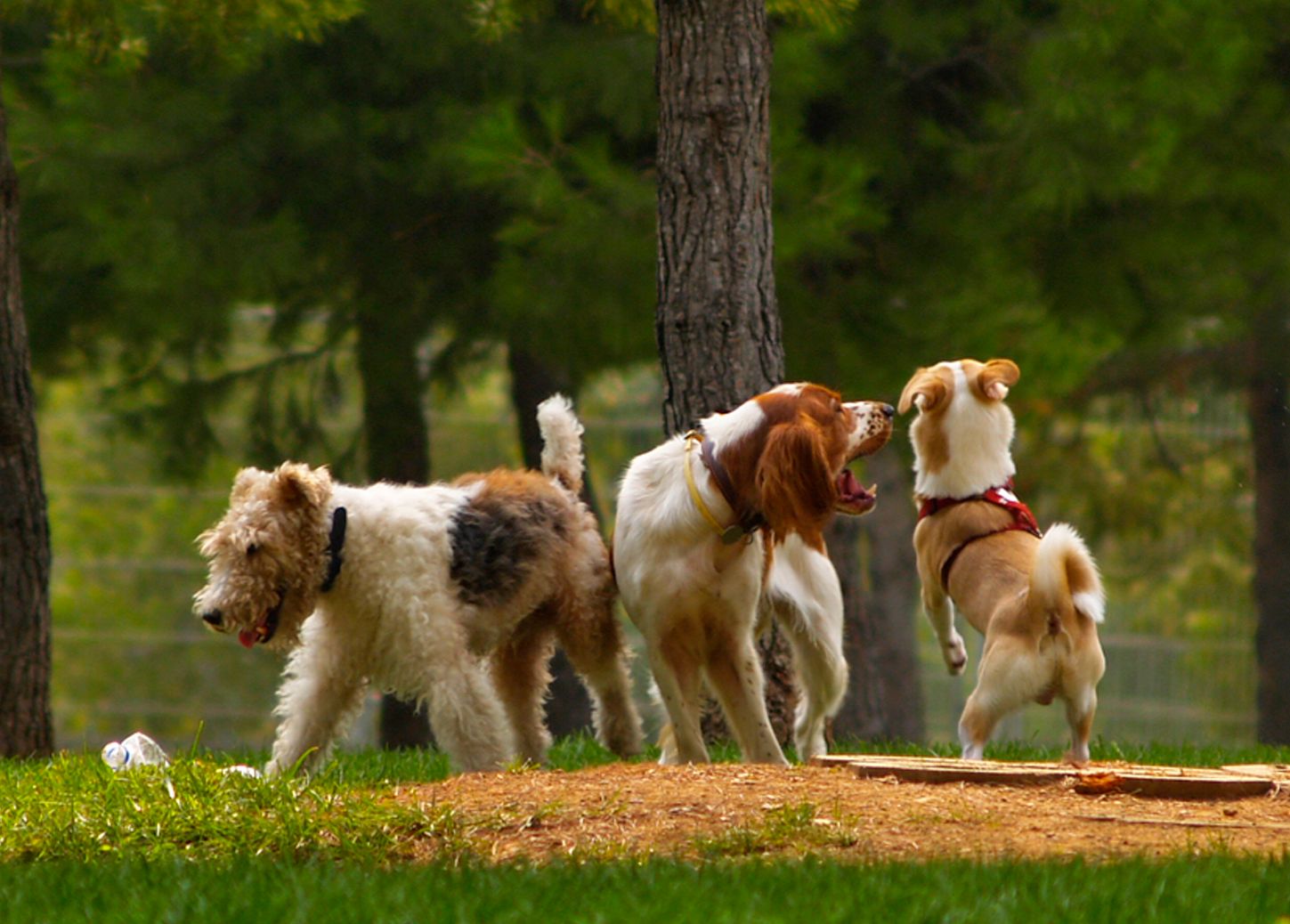
One of the movies I never tire of watching is Forrest Gump. It is such an illustration of a lot of different lessons about living life. It is also full of little witticisms and humor used while presenting them.
When Forrest is asked, “Are you stupid or something?”
He replies, “Stupid is as stupid does.”
Over this last week, this particular question and answer circulated through my head in an endless loop as I pondered people’s individual choices for animal management, since I find them sorely lacking.
When asked about these choices, people make excuses.
Many know better but they fail to take action to make savvy choices for the benefit of their animals. Some are ignorant of what those better choices are.
But when someone knows better, it is something I have never understood. I mean, if you love your animal you should want to make the best choices right?
And, most animals will love you the same either way–so there isn’t much of a risk of losing their affection. But despite that, people get the wrong ideas in their heads.
Let me give you an example from an animal hobbyist who told me that I should write about the dangers to animals in the home, such as leaving a table lamp on because a pet could knock it over.
It sounded bizarre to me.
Why? Because the person failed to put away toxic cleaning materials and drugs but was worried about table lamps.
When I discovered toxic cleaning material in the toilet bowl that animals had access to, well, it made me crazy.
Not so crazy that I was rude, but I found it odd that I had to call her attention to the issue since the household dangers to pets she was more specifically worried about was table lamps!
If there are animal safety concerns, animals should be confined or the house should be animal proofed.
And when you have animals in a household, there are additional steps you can take such as using non-toxic cleaning products.
Try as I might to give the article topic serious consideration, I felt it was hypocritical. The risks are always there but do you live your life in fear of such things? Or, do you take conscious actions?
Sadly, most people don’t take conscious actions. It is one of the reasons animal behaviorists and animal trainers have so much work.
I remember the client who had a problem with a cat eliminating in the bathtub, my solution included a number of steps including a veterinary medical exam and temporary confinement–which included closing the door to the bathroom to prevent access.
The person was irritated because he wanted a different answer. Behavior solutions are not rocket science but since most animal behavior and training is common sense and follow through–people fail miserably.
Then, there was the animal management experience I had this week. I traveled to help out a rescue group.
During my integration, I heard a lot of different things but I found that the actual problem was not with the animals but with the people managing them.
Big surprise there (sarcasm in case you missed that), it always is.
For example, every day prior to my taking over, there were indoor accidents.
However, while I was onsite in charge, there were no accidents at all.
Next, animal aggression that was reported to me was nipped (so to speak) by simple management of the animals.
The people escalated the situation because it was not being handled or anticipated. I watched several low level escalations happen because people were not paying attention to what they were doing and how they were integrating the animals.
One of the things I am known for is for being forthright. It isn’t always pretty but after 35 years in the field and a degree in animal training in management, people don’t hire me to pussy foot around.
In fact, those who have worked with me often “bond” in odd ways.
Not too long ago, I found students comparing notes on whether or not I had shot them with a 60cc syringe yet.
Believe it or not, much to my chagrin and amusement, it was a badge of honor!
Of course, I do use humor to lighten things up and the water stream is used to interrupt behavior but instead of using it on the animals, I use it more on the human students–and that is a story on its own.
Anyway, the truth is that animal management problems are actually human problems, or rather the human failure to manage problems.
Perhaps it is time to break out my syringe on these people…
I’ll be ranting on this a little bit more but wonder what animal behavior challenges you face and if you are the problem or the solution. Let us know in the comments.

